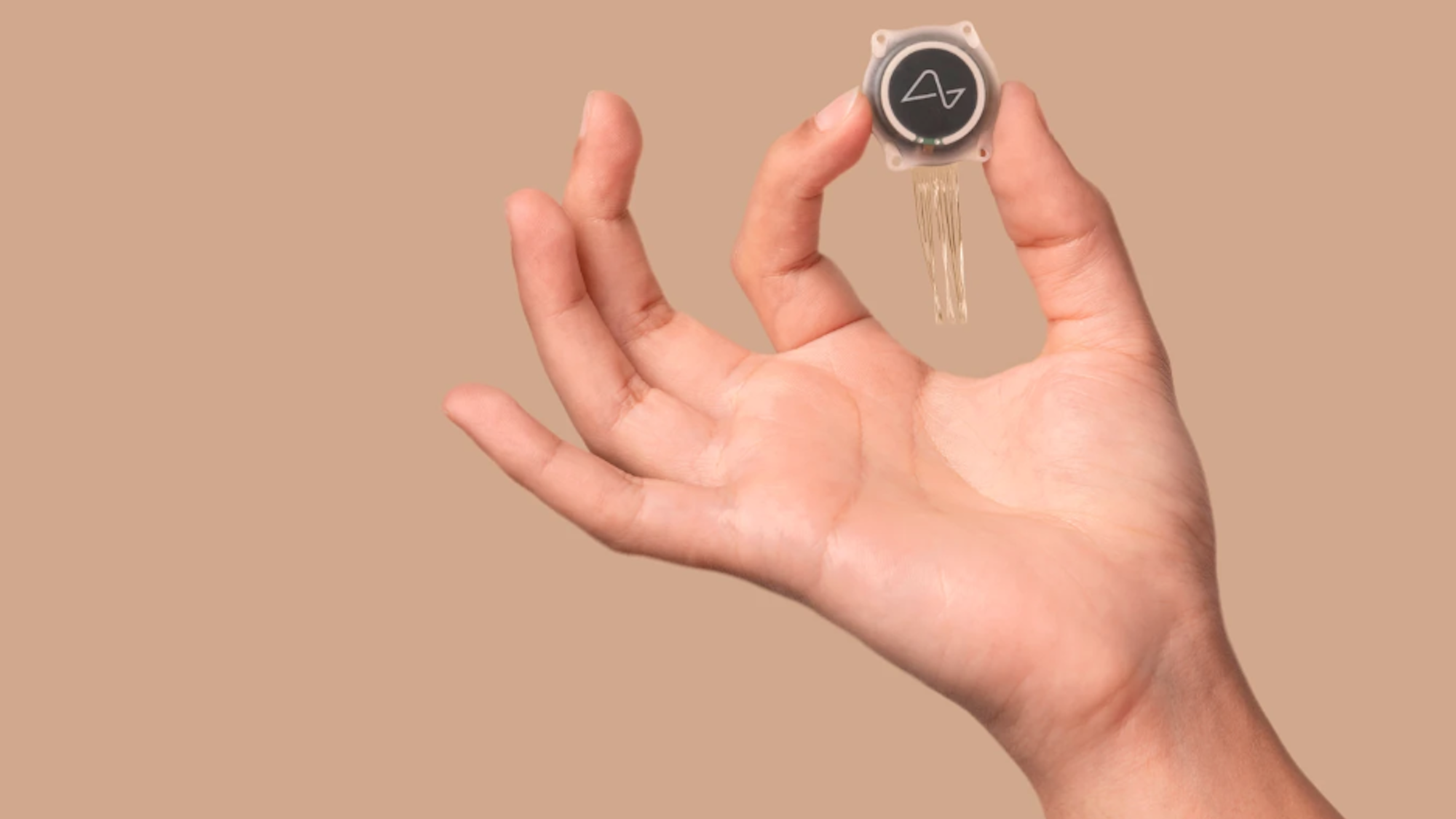- cross-posted to:
- chapotraphouse@hexbear.net
- cross-posted to:
- chapotraphouse@hexbear.net
Noland, himself, just said on the HardFork podcast 2 days ago that they are not detached. They shifted, and after a software upgrade and no follow-up surgery, they are working better than ever. There was a short period of time between when they shifted and the new software update that he had reduced control of his mouse.
Edit:
This is such a garbage journalist. They say that Noland said they detached in a WSJ article, and then they link an article that says nothing about this. I don’t know if this is the same Popular Science that used to put out good journalism, but if so, then they really dropped the ball with joirnalist. I get that Elon has done some shitty stuff, but it does nobody any good to just blatantly lie about this. It is easily checked. Think twice before posting stuff from Popular Science.
OP, for the sake of the reputation of this community, you may want to adjust the post title with a misleading warning or something.
An estimated 85-percent of Neuralink’s brain-computer interface (BCI) implant threads connected to the first human patient’s motor cortex are now completely detached and his brain has shifted inside his skull up to three times what the company expected, volunteer Noland Arbaugh told The Wall Street Journal on Monday.
You don’t address this claim from the article. You just say they’ve compensated with software. The fact still seems to be, at least to me based on what I am reading, that the wires have detached and shifted from their intended locations regardless of what effects that has had.
The guy with the chip in his head talks about this exact thing in the podcast I linked. He said that they did not detach, they just shifted locations. For a little while, his brain mouse was less responsive, but after the update, it is now better than it ever was. He said a lot more, but I don’t remember everything. It was really interesting listening to him talk about it. It is nothing like how the article makes it sound. There are no little detached wires floating around inside his brain or anything.
I recommend listening to his interview, it is maybe halfway through the episode if you want to skip ahead. He is absolutely thrilled with the experience so far and said he was absolutely willing to go back in for surgery, but there was no need to.
Neuralink blog itself said they detached.
https://neuralink.com/blog/prime-study-progress-update-user-experience/
Neuralink boosted the ones that were still attached with the software update.
If you saw that on their blog, then they must have changed their blog post because the word “detached” doesn’t appear in the link tou shared, or in any of the blog posts on their website.
It would be understandable if they changed it, though, to clarify, because when people hear “detached,” they are thinking that part of the device is free-floating in his brain, but that’s not what happened. It is just that the electrodes on the device became lined up with slightly different neurons, but they were still receiving signals and were still attached to the central hub of the device.
Edit: typo
The article says, “Arbaugh said that Neuralink has told him around 15% of the threads inserted in his brain remain in place.” Then says that they did software updates to strengthen the remainder.
Neuralink themselves used the word “
detached” “retracted” in their blog.edit: The blog does not say detached
In the weeks following the surgery, a number of threads retracted from the brain, resulting in a net decrease in the number of effective electrodes.
I didn’t see “detached” in the Neuralink blog post? I don’t know what retracted means in this context, but it could very well mean detached.
Yeah, it’s not actually in their blog, at least not anymore. The patient explains what happened in the podcast interview I posted. The wires have electrodes on them that were lined up with neurons, his brain shifted more than expected, and so the electrodes became in contact with new neurons. They changed the code, and now the device is more accurate than it was originally. There are no free-floating wires detached inside the patients brain.
I don’t know what happened there. My brain did a thing with that word I guess? Sorry
The NY post of science. But hey, it’s about Elon.
I mean, it seems to be a real story in this case. And not that surprising, either, tiny wires could shift. This is why we do testing.




